This question was asked for the sole purpose of simplification and in an attempt to get straight to the point and not for us to demonstrate how smarter/ignorant we are than each other, as it is common practise on stackoverflow. I highly implore us to answer to the best of our knowledge without any mathematical jargon and with the view that it would be:
1. friendly to any one just trying to understand what quantum computing is basically all about and how it works.
2. help clear misconceptions and provide better understanding.
I may have made a few errors or may not have given the best explanations which is why I have painted some illustrations by putting some examples in parenthesis flying all over to convey fully what I mean.
Classical Recap:
For a classical computer two states are used(1 s and 0 s) for a bit
which implies that the processor of a classical computer
operates arithmetically and logically in a binary number
system i.e. it adds,subtracts and makes decisions in base-2. This is all
done with transistors via the exchange of electrons across bus lines
or nano-circuits(thus read/write occurs with voltage and current modulations or manipulations)
Quantum Recap:
For a quantum computer I have seen a lot of articles
and videos emphasising how faster it is compared to
the latter by employing qubits. Since a qubit can
either be a 1 or a 0 or both(with superposition) i.e. A
quantum computer uses sub-atomic/quantum particles in a vacuum
environment to represent a qubit which can be measured with
the integration of technologies such as laser and optical systems, radio frequency (RF), microwave technology
e.t.c to manipulate these particles(qubits) and according to wikipedia "when qubits are measured the result is always either a 0 or a 1 ", Quantum Computing(4th paragraph)
My Questions:
Nature(What is a qubit State like?)
- Firstly if only a value(
0or1) can be measured for a qubit does that mean a superimposed qubit gets measured once or twice to produce either 10 or 01 (or even 11 or 00 ) (so that superimposed-qubits are different from one another) ? - Mathematically how many possible states can a qubit have(from 1 or 0 or 10 or 01 (or even 00 or 11) ) ?
- Thirdly what number system can we say a quantum computer is operating in(obviously the second question addresses this e.g. a classical computer uses two states for a bit thus operates in a binary(base-2) number system) ?
Speed(How fast can it be modified?)
- My take on why a quantum computer is any faster than the classical isn't basically due to quantum properties such as superposition, entanglements etc. but on the notion that read/write speeds in terms of classical bits(if we agree that a qubit has x states then classical bits can be converted to base-x inorder to have equivalent qubits) occur at speeds with which subatomic particles move/interact e.g. to put simply I think if a quantum processor were to perform a basic logic operation such as to AND the bits of two video-files(do have in mind that a quantum computer will be needing the classical hardrive if it becomes a PC hence the analogy since a classical video-file would have no qubits) after the bits are loaded(as qubits in a quantum Cache or quantum RAM) it would be faster because qubit manipulating devices (e.g. quantum Gate) operate nearly at a fraction of the speed of photons and electrons which is way faster than performing classical bit manipulations(read/write) with electricity as in a classical processor with nano-transistors. (I am aware that multiplying a binary equivalent of a base-x number would be less faster too because it would require more digits e.g. [10011010010 x 1100]2 is slower compared to its equivalent [1234 x 12]10 ). Is this wrong because from my research there were arguments that a quantum computer might not be any faster than a classical computer in some cases?
My Guesses:
- not sure, maybe twice(since superimposed qubits can represent different additional states)?
- If a qubit has 3 states then possible values are [0, 1, 01=10]; if 4 states then its [0, 1, 01, 10]; if 6 states then its [0, 1, 01, 10, 00, 11]
- base 3?, 4?, 6? depending on the selected guess from above.
- If a classical computer capable of perfoming computations by manipulating classical bits at (e.g. 20% of) light speed existed it would nearly out perform a quantum computer as qubit states only represent a quantum computer's ability to compute directly in a number system higher than binary thus a quantum processor would only require less physical storage to perform computations as opposed to long streams of binary digits(just as the multiplication example in question 4 shows).
ASSUMPTIONS[Question 4]
possibility of a quantum PC
that quantum computing only implies computing with a quantum processor(and possible peripherals e.g. quantum RAM, quantum Cache etc.) hence a quantum PC would have a normal secondary-storage(hard-drive)
base-x refers to a number base which represents all possible states a qubit can be in, so definitely x should be greater than 2
that light speed refers specifically to speed of photons/electrons/subatomic-particles in a vacuum in relation to how fast computing could be if harnessed
that in order for a quantum processor to manipulate data from a secondary storage(hard-drive,flash-drive,cloud etc.), the data has to be converted into qubits equivalent of base-x(denoting qubit states)




